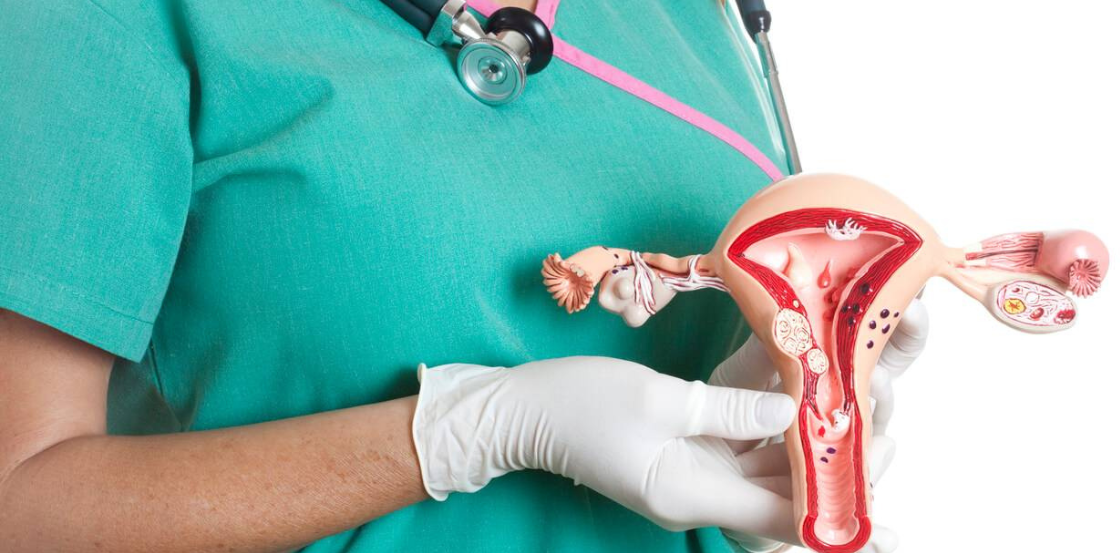Post link copied to clipboard!

The ovarian, fallopian tubes and peritoneal cancer are intricate and potentially life-altering conditions that primarily affect the female reproductive system. These types of cancer often share similar characteristics and can present challenges in early diagnosis and effective treatment.
In this comprehensive guide, let’s study the intricate details of ovarian, fallopian tubes, and peritoneal cancer. We aim to provide you with a thorough understanding of these types of gynecologic tumours, their risk factors, symptoms, diagnostic methods, treatment options, and more.
Understanding the risk factors associated with these gynecologic tumours is crucial in their prevention and early detection. Some of the common risk factors include:
Recognising the symptoms of ovarian, fallopian tube, and peritoneal cancer in their early stages can significantly impact prognosis. Common symptoms include:
Accurate diagnosis and staging determine the appropriate treatment approach. Diagnostic methods include:
Staging involves determining the extent of cancer spread and guides treatment decisions.
The treatment of ovarian, fallopian tube, and peritoneal cancer depends on factors such as stage, type of cancer, and overall health. Treatment options include:
Surgery is a common approach to treating these cancers. Surgical options may include:
Chemotherapy, often used after surgery, involves potent drugs that destroy cancer cells. Targeted therapy, on the other hand, targets specific molecules involved in cancer growth.
Radiation therapy is employed less frequently in these cancers but may be used in specific cases to target cancer cells.
Advancements in medical research are leading to promising emerging therapies, including immunotherapy and personalised medicine approaches. These therapies aim to enhance treatment effectiveness while minimising side effects.
Coping with cancer requires emotional and psychological support. Support groups, counselling, and aftercare strategies can improve overall well-being.
In conclusion, understanding ovarian, fallopian tube, and peritoneal cancer is essential for proactive health management. This guide has provided an extensive overview of these conditions, covering risk factors, symptoms, diagnosis, treatment options, and more. Individuals are better equipped to navigate their health journeys and make informed decisions. Remember, early detection and comprehensive treatment planning are pivotal factors in achieving positive outcomes in the face of these complex gynecologic tumours.